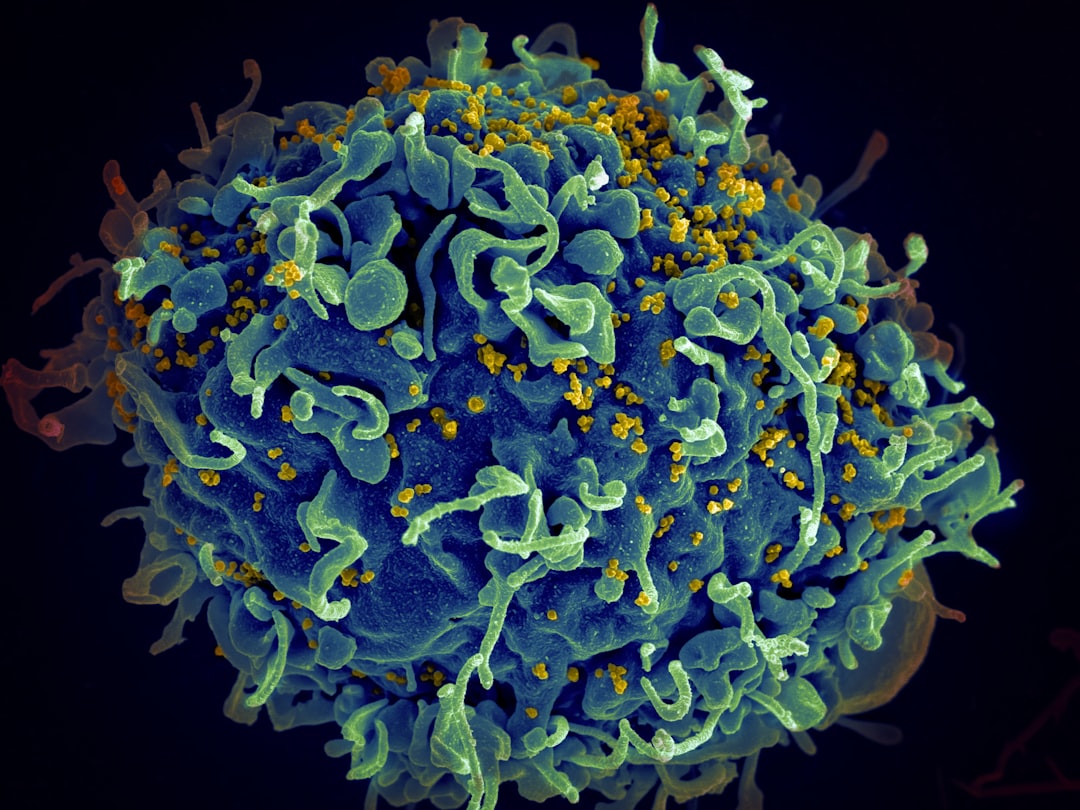What is it about?
Klebsiella pneumoniae causes a wide range of bacterial diseases, including pneumonia, urinary tract infections, and sepsis. To cause infection, K. pneumoniae steals iron from its host by secreting siderophores, small iron-chelating molecules. Classically, siderophores are thought to worsen infections by promoting bacterial growth. In this study, we determined that siderophore-secreting K. pneumoniae causes lung inflammation and bacterial dissemination to the bloodstream independently of bacterial growth.
Featured Image
Why is it important?
This study indicates that bacterial siderophores directly alter the host response to pneumonia in addition to providing iron for bacterial growth. Therapies that disrupt production of siderophores could provide a two-pronged attack against K. pneumoniae infection by preventing bacterial growth and preventing bacterial dissemination to the blood.
Perspectives
I hope that this article stimulates discussions and new ideas about the critical role of iron during infection. Siderophores have incredible affinity for iron, and may have potent effects on our cells during infections in addition to providing iron the bacteria need to grow.
Dr Michael A Bachman
University of Michigan
Read the Original
This page is a summary of: Klebsiella pneumoniae
Siderophores Induce Inflammation, Bacterial Dissemination, and HIF-1α Stabilization during Pneumonia, mBio, September 2016, ASM Journals,
DOI: 10.1128/mbio.01397-16.
You can read the full text:
Contributors
The following have contributed to this page










